The Federal Work-Study (FWS) program has long offered students a way to earn income while contributing to their communities. On campuses from Boston to Seattle, many roles historically supported civic engagement. Now, new federal regulations are redirecting this program toward career-oriented, skills-based employment rather than political or civic activities.
What Changed in the Program
Until recently, students could hold FWS-funded positions that supported voter registration, staffed polling places, or managed voter hotlines. These jobs, from the University of Washington to Penn State, provided financial support while strengthening democracy. Under the new rule, such positions are excluded, and FWS must prioritize structured, career-focused roles instead.
Examples of New Priorities
Under the updated framework, FWS funds will support positions tied to professional and academic development. Students may now serve as peer tutors in Miami or Austin, assist campus libraries in Boston, or provide technical support at San Diego State. The focus is on roles offering training aligned with future careers.
Why the Shift Occurred
The Department of Education cited concerns about using federal funds for political purposes. A coalition of 16 state attorneys general argued that even nonpartisan political activity crossed legal boundaries. Responding, the Department reinstated strict limits: FWS positions must exclude civic and political engagement, regardless of whether they are partisan.
Workforce Development as the Goal
The policy reflects a broader national trend to align federal aid with workforce readiness. By prioritizing jobs that build transferable skills—such as research, technology, and administrative experience—lawmakers hope to ensure that taxpayer dollars directly support students’ professional growth, rather than activities viewed as political advocacy or civic mobilization.
The Scale of the Change
Each year, approximately 700,000 students—about one in ten nationwide—participate in FWS. That means hundreds of thousands of jobs are potentially affected. Universities in Chicago, Los Angeles, and Atlanta are auditing existing positions, phasing out civic roles, and restructuring opportunities to ensure compliance with the new federal mandate.
How Student Life Will Change
Consider a University of Chicago student who once staffed a voter hotline. That role vanishes under the new policy. Instead, students may gain professional experience in outreach offices, mentoring programs, or IT support. The program now emphasizes career-readiness skills—organization, communication, leadership—over civic or political engagement.
Adjustments on Campus
Universities must overhaul their FWS offerings. Human resources departments are reevaluating job descriptions, reallocating budgets, and retraining students previously placed in civic roles. For schools like Stanford, Columbia, or Michigan—where civic engagement has been central—these adjustments may mean redesigning programs that once blended activism with part-time employment.
Concerns Over Civic Participation
Critics warn the new policy could undermine student participation in democracy. Work-study roles historically encouraged civic responsibility and helped expand voter outreach. On campuses in swing states, these jobs often bolstered political engagement. Without them, students may lose structured opportunities to connect their academic lives with civic duties.
Arguments in Support
Proponents counter that FWS was never meant to subsidize civic mobilization. They argue federal funds should focus on building marketable skills that translate into career opportunities. For supporters, channeling student employment toward professional development strengthens the program’s purpose and ensures clearer accountability for taxpayer-supported initiatives.
Exploring Hybrid Models
Colleges are searching for middle ground. Some institutions are exploring volunteer pathways for civic engagement while maintaining career-based FWS roles. For example, campuses in Portland, Philadelphia, and Denver may encourage students to volunteer at voter registration drives, while using FWS funds for internships in nonprofit management or government administration.
Partnerships Beyond the Campus
Institutions are also seeking partnerships with nonprofits and local governments. By aligning student roles with community needs and professional training, schools may continue fostering civic values indirectly. Collaborations could allow students to gain valuable skills in public administration while still contributing to the democratic vitality of their communities.
A National Turning Point
This policy shift underscores the federal government’s evolving stance on higher education support. By focusing FWS on employability, the Department of Education is signaling that the program’s future lies in workforce development. For universities and students alike, the new reality requires reimagining how student work connects with education and society.
Redefining Student Work
The Department of Education’s decision marks a pivotal change. Across campuses from Boston to Austin, civic-focused work-study roles are being replaced with positions rooted in professional development. The challenge now lies in balancing career readiness with civic responsibility—ensuring students build futures that honor both their communities and their ambitions.

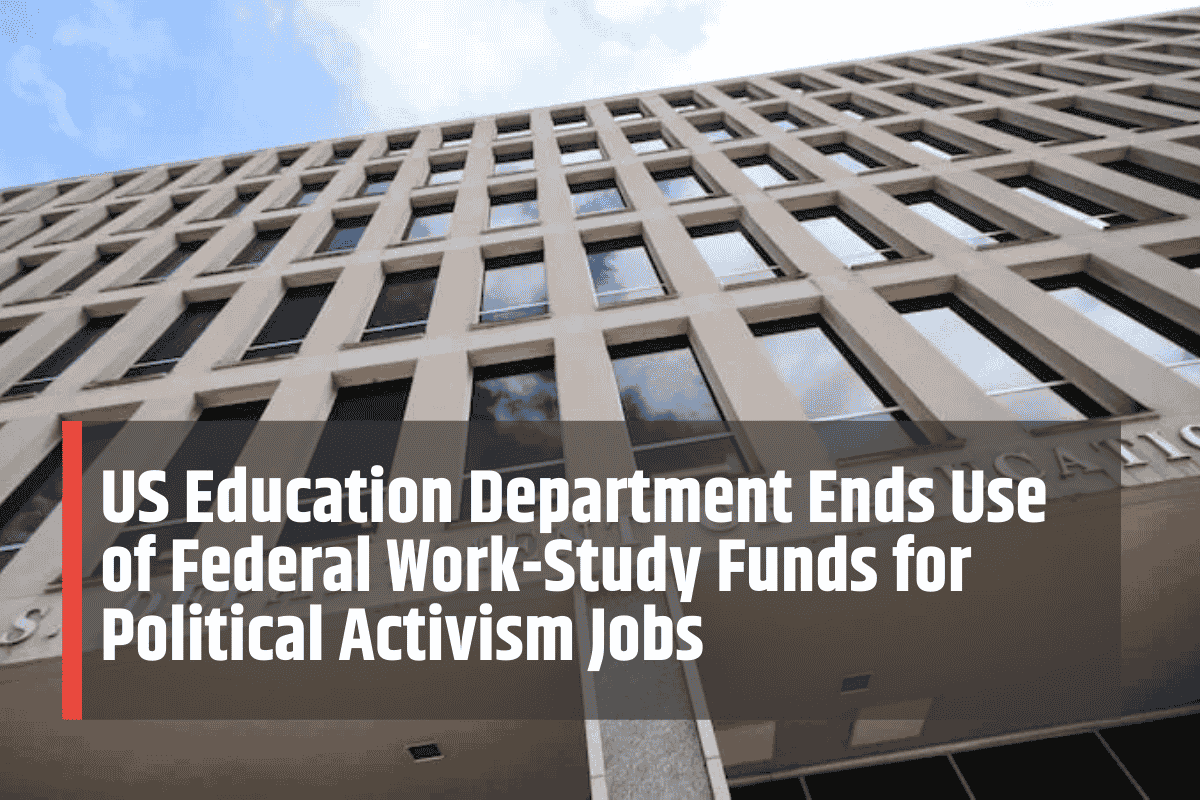
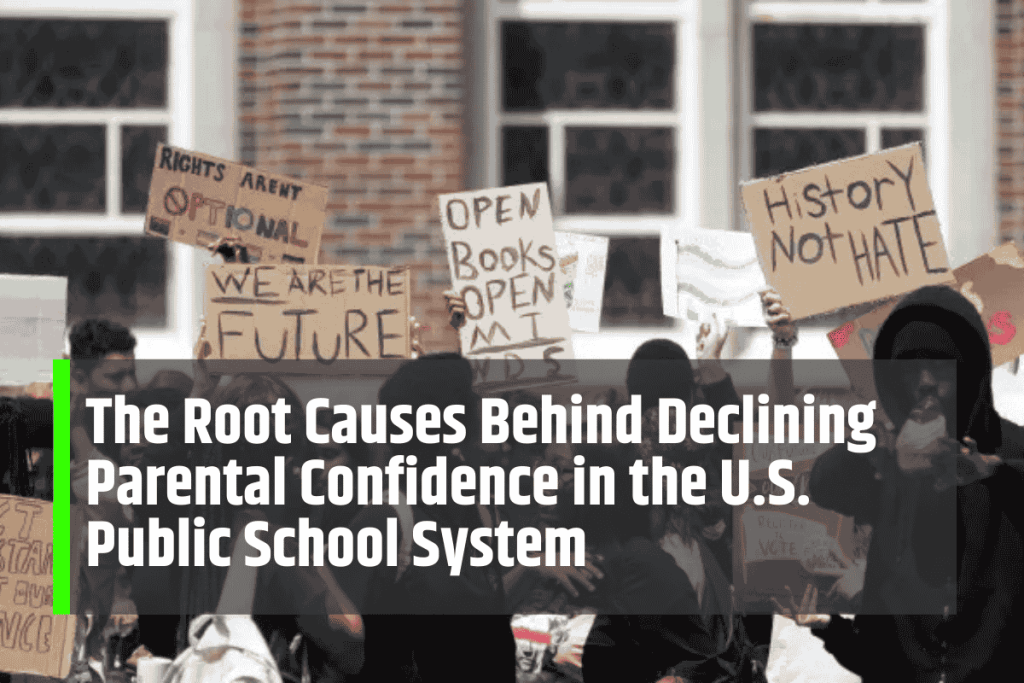
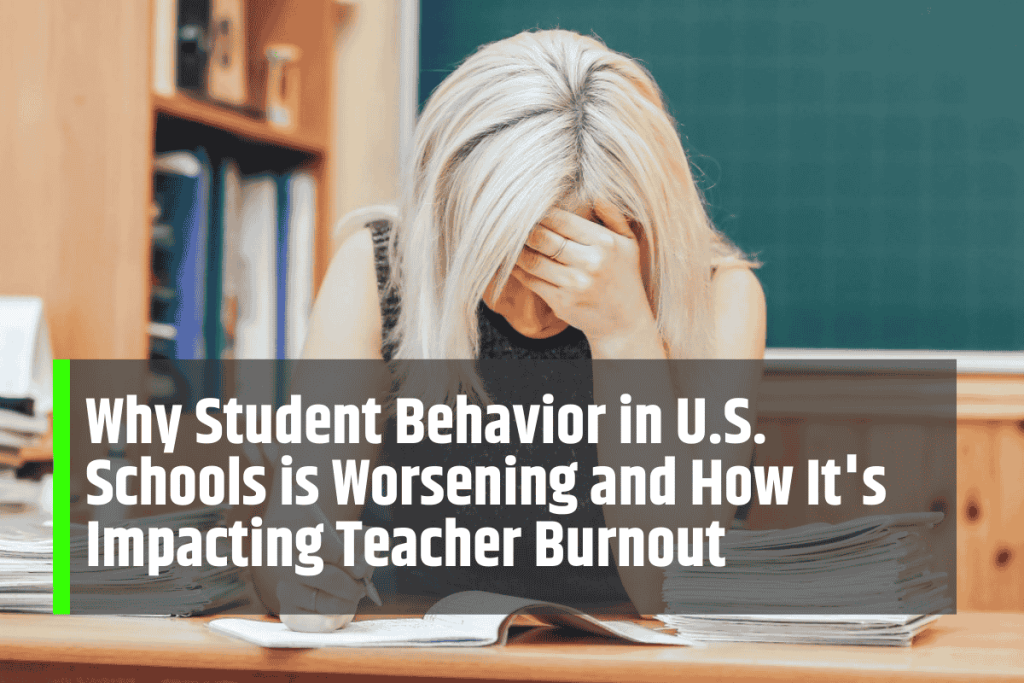
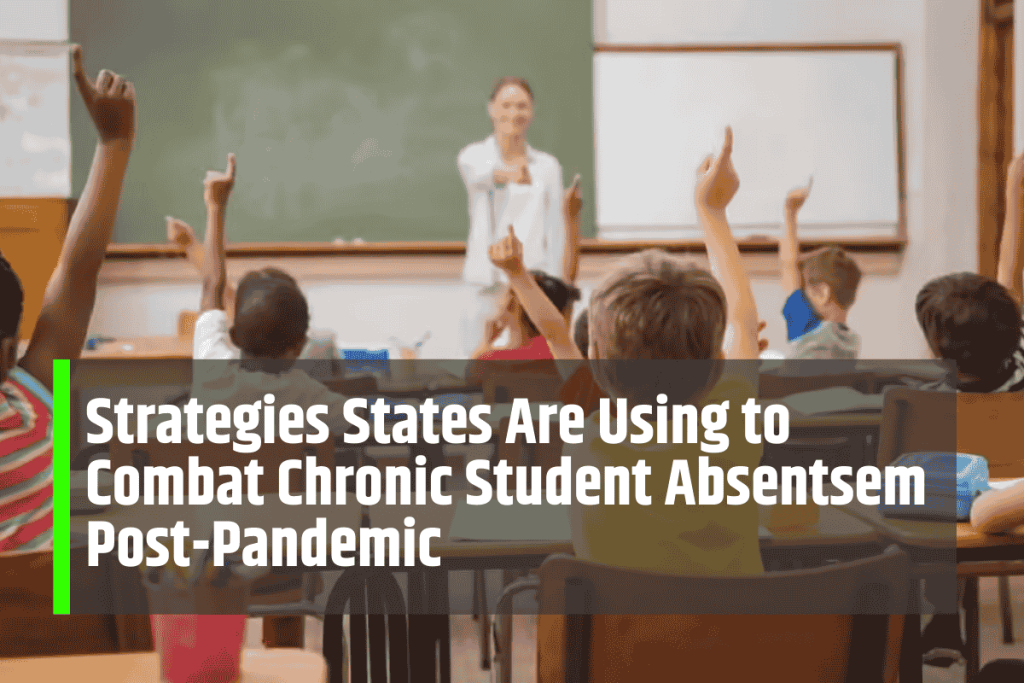
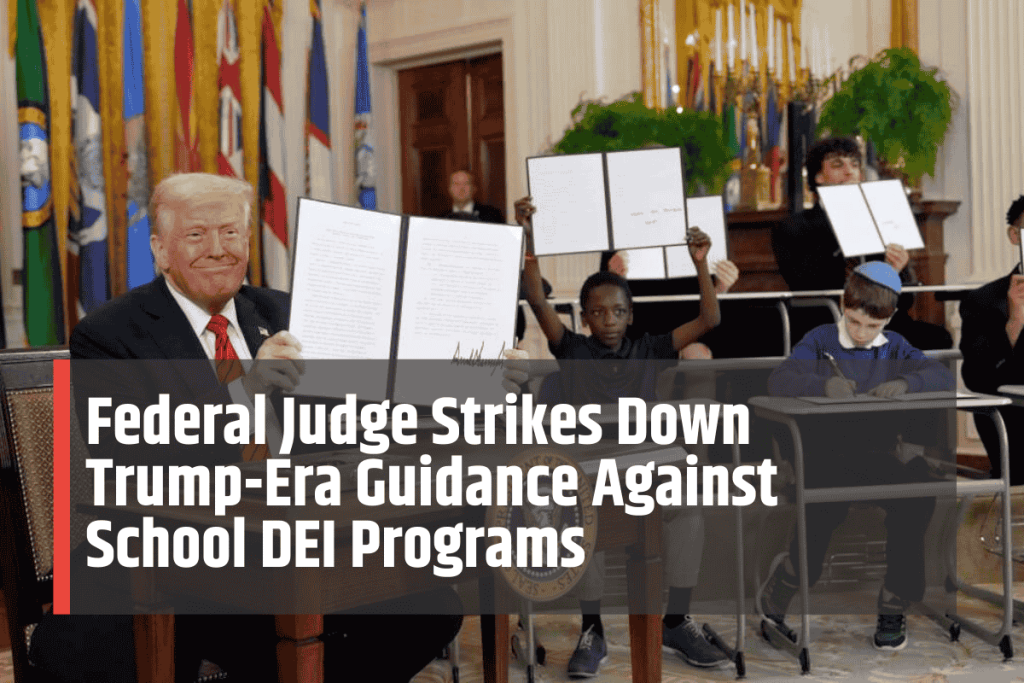
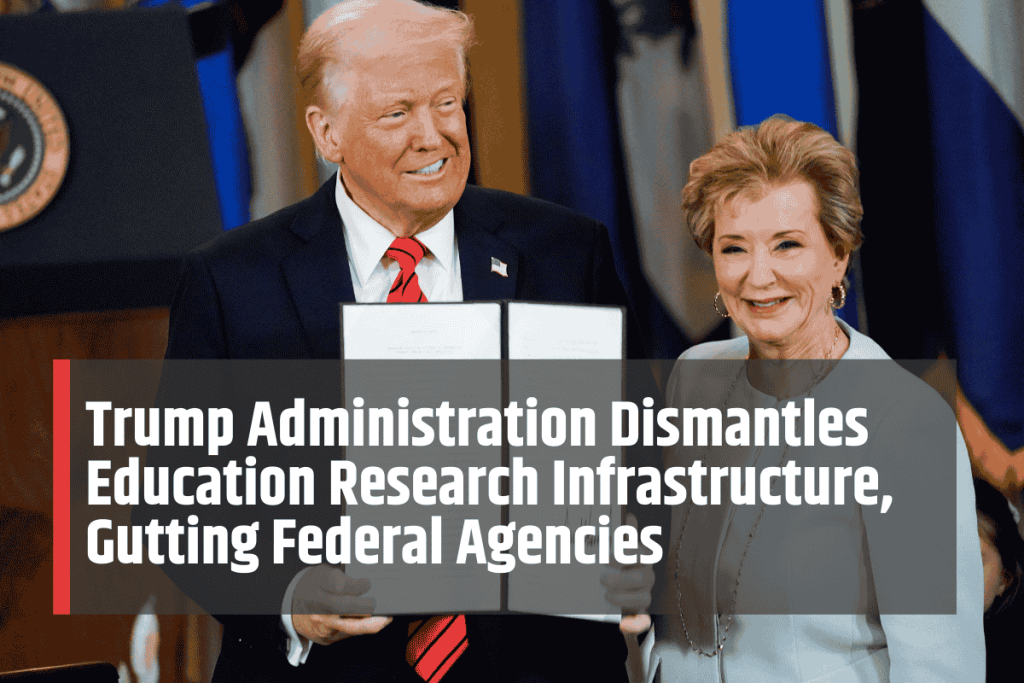
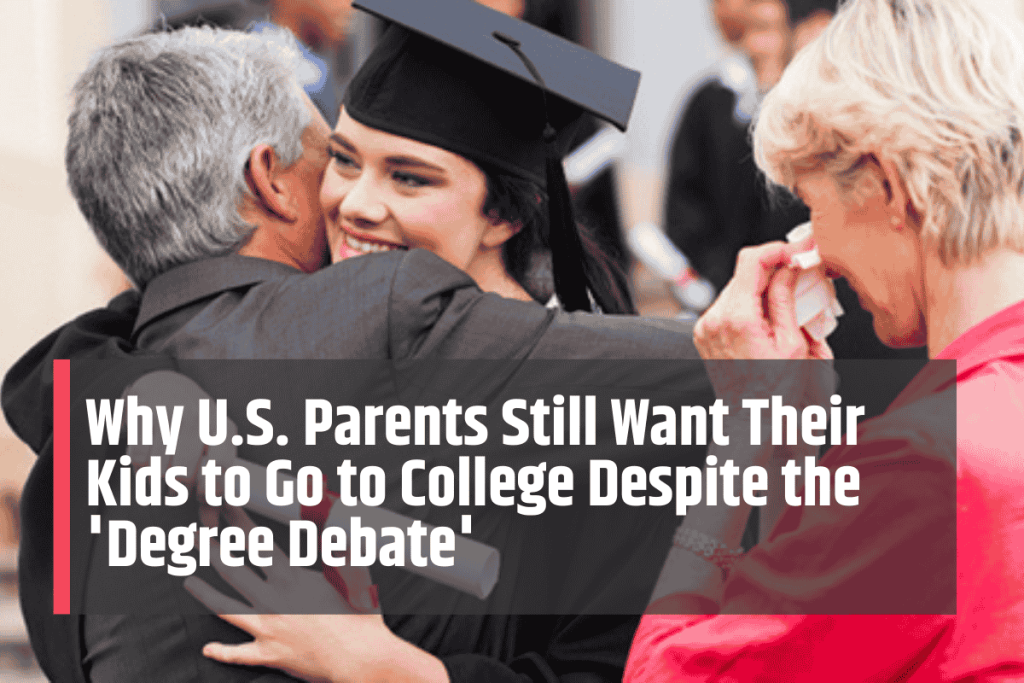
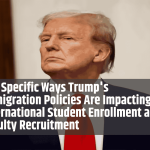

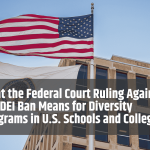
Leave a Comment